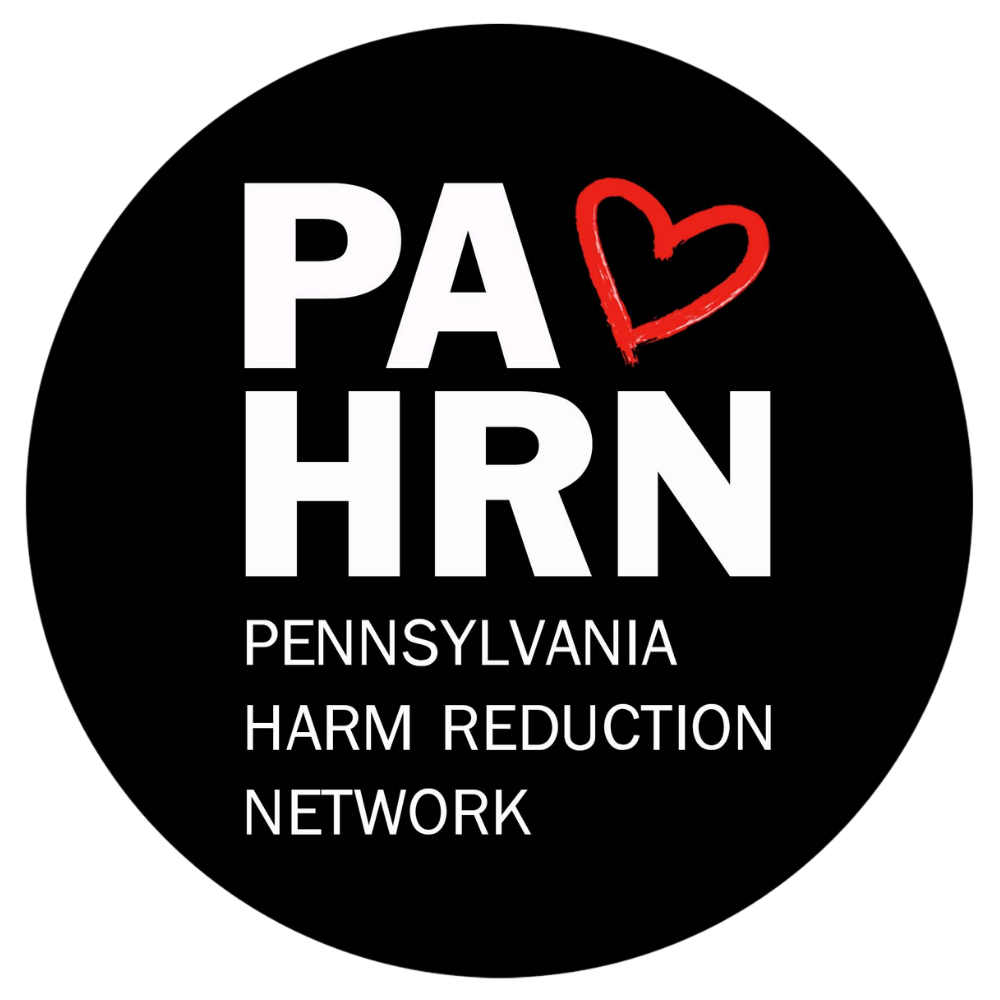Pennsylvania State Policies

Syringe Possession & Distribution:
Syringes are drug paraphernalia if used, intended for use, or designed for use in injecting controlled substances into the human body. 35 Pa. Cons. Stat. § 780-102.
Use or possession with intent to use drug paraphernalia and delivery, possession with intent to deliver, or manufacture with intent to deliver drug paraphernalia is a misdemeanor, with higher penalties if the recipient is a minor 3 or more years younger than the person delivering the paraphernalia.
There is no state law permitting needle exchange; however, local communities have authorized exchanges.
Naloxone Access Law:
35 Pa. Cons. Stat. § 780-113.8
A prescriber may prescribe naloxone, directly or by standing order, to a person at risk of overdose or a family member, friend, or other person able to help someone experiencing an overdose. Law enforcement and fire companies may also obtain naloxone and administer naloxone if they complete training.
A health care professional who prescribes or gives out naloxone in good faith is not subject to criminal or civil liability or professional discipline for prescribing or giving out naloxone or any future use of the naloxone unless the professional acts with intent to harm or with reckless indifference to harm.
A person or law enforcement or fire company, acting in good faith and with reasonable care, who administers naloxone to a person suffering an overdose has civil and criminal immunity and is not subject to professional review. Receiving training on the use of naloxone is considered evidence that a person acted with reasonable care, but is not required to receive immunity.
Naloxone Standing Order:
The order permits pharmacists to give intranasal naloxone (either Narcan spray or generic atomizer), and auto-injector naloxone (like Evzio) to people who are at risk of overdose or are a friend, family member, or other person in the position to help in the case of an overdose. Refills are allowed.
Good Samaritan Law:
35 Pa. Cons. Stat. § 780-113.7
A person may not be charged or prosecuted with various drug and paraphernalia possession or paraphernalia delivery crimes, or with a violation of probation or parole if:
The evidence for the offense was discovered because the person transported someone experiencing an overdose to law enforcement or a health care facility; or
The person called for help in good faith for a drug overdose, provided their own name and location and cooperated with law enforcement and medical personnel, and stayed with the person needing help until help arrived.
The person who overdosed has the same protections, only if the person who sought help for them qualifies for immunity.
